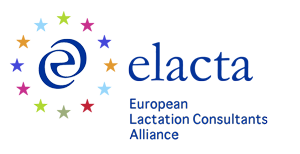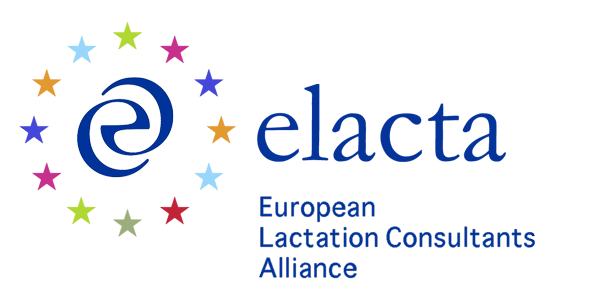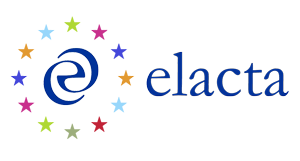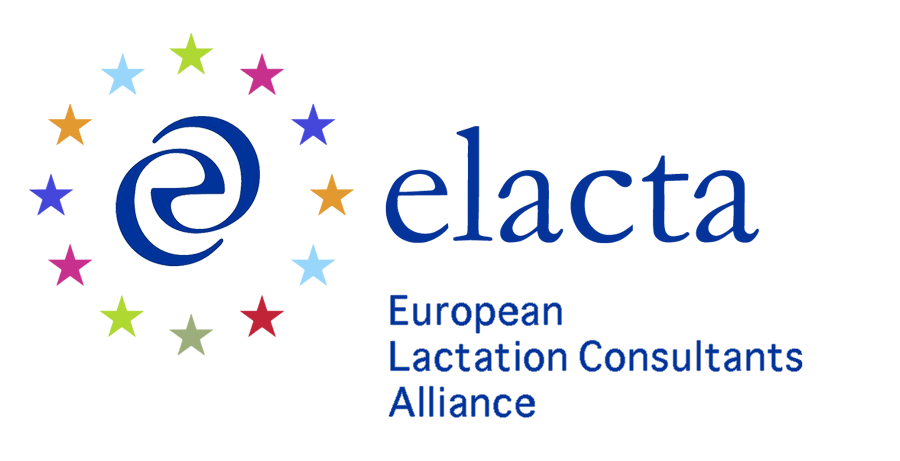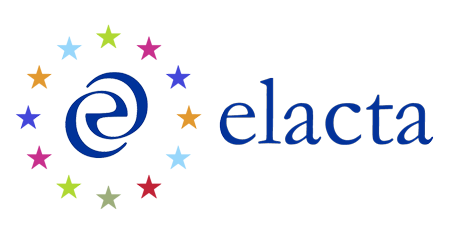PRESS RELEASE
Thursday, 4th June, 2020
Split, Croatia
Shocking gaps in emergency preparedness for Europe’s babies, new report shows
The Covid 19 pandemic has shown how important it is for countries to protect their citizens from illness.
Babies who are breastfed have better health and resistance to infection, and most mothers want to breastfeed. Yet many European mothers stop or reduce breastfeeding in the early weeks and months, and bottle feeding is prevalent, due to inadequate support from health systems and society.
Launched today, the first European report on infant and young child feeding policies and practices compares 18 countries and identifies the considerable improvements they need to make in supporting mothers who want to breastfeed.
Summary report accessible at: internationalbreastfeedingjournal.biomedcentral.com/articles/10.1186/s13006-020-00282-z
Full report accessible at: www.worldbreastfeedingtrends.org/resources/publications
This new report, Are our babies off to a healthy start?, compares the implementation of WHO’s Global Strategy for Infant and Young Child Feeding by the 18 European countries which have already assessed it. The comparisons show clearly that inadequate support and protection for breastfeeding mothers is a Europe-wide problem. The health of babies, mothers and whole populations loses out as a result. However, countries do differ considerably. Turkey rates highest overall; the five countries with the lowest scores belong to the European Union.
“Nutrition is key to achieving the Sustainable Development Goals related to health, education, sustainable development, reduction of inequalities and more.” (Joao Breda, Head, WHO European Office for Prevention and Control of Noncommunicable Diseases, Foreword)
The scope of the assessment is wide-ranging, with ten policy and programme indicators, including national leadership, hospital and community practices, marketing controls on breastmilk substitutes, health professional training, emergency preparedness and monitoring. There are also five feeding practices indicators, such as exclusive breastfeeding for 6 months, a WHO recommendation. The indicators with the poorest overall scores are national leadership and, shockingly, emergency preparedness. Yet the pandemic is an emergency for infants and young children and only North Macedonia was found to have an adequate strategy.
The original assessments were all carried out using the standard procedures of the World Breastfeeding Trends Initiative (WBTi), a tool first developed in 2004 by the International Baby Food Action Network (IBFAN) but only launched in Europe in 2015. It requires collaboration with relevant organisations within a country on assessment scores, gaps identified and recommendations for improvements. The Report highlights good practice, enabling countries to learn from one another.
˝Success …rests first and foremost on achieving political commitment at the highest level and assembling the indispensable human and financial resources.” (WHO Global Strategy 2003)
If governments, other policymakers, hospitals and community services, public health departments, institutions that train health professionals, and others, adopt the report recommendations, it will enable more mothers to initiate and continue breastfeeding, strengthening the health of the population for the future.
The WBTi European Working Group, led by Dr. Irena Zakarija-Grkovic of Croatia, produced the Report and comprises coordinators from European countries which have carried out a WBTi assessment. The production of the report was supported by the Croatian Ministry of Health and UNICEF Croatia.
Name of Press Contact: Irena Zakarija-Grkovic
Phone: +385989326994
Email: irena.zakarija-grkovic@mefst.hr
